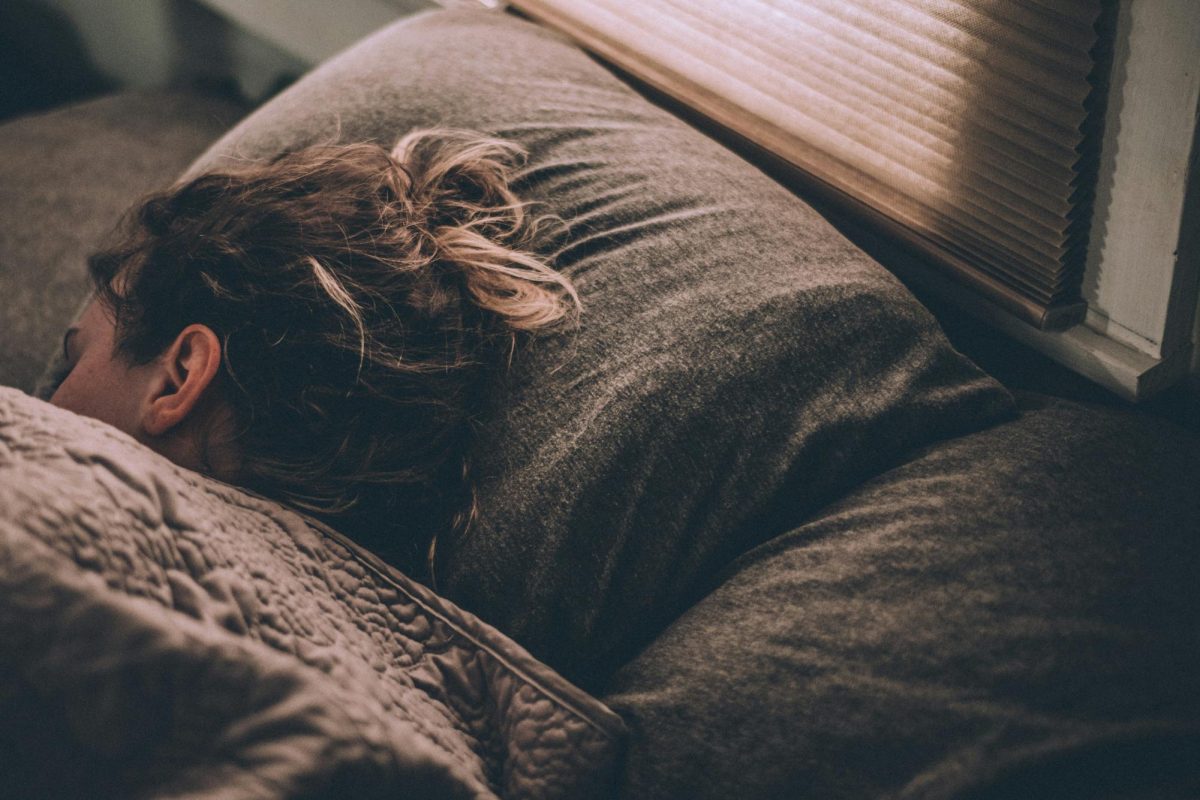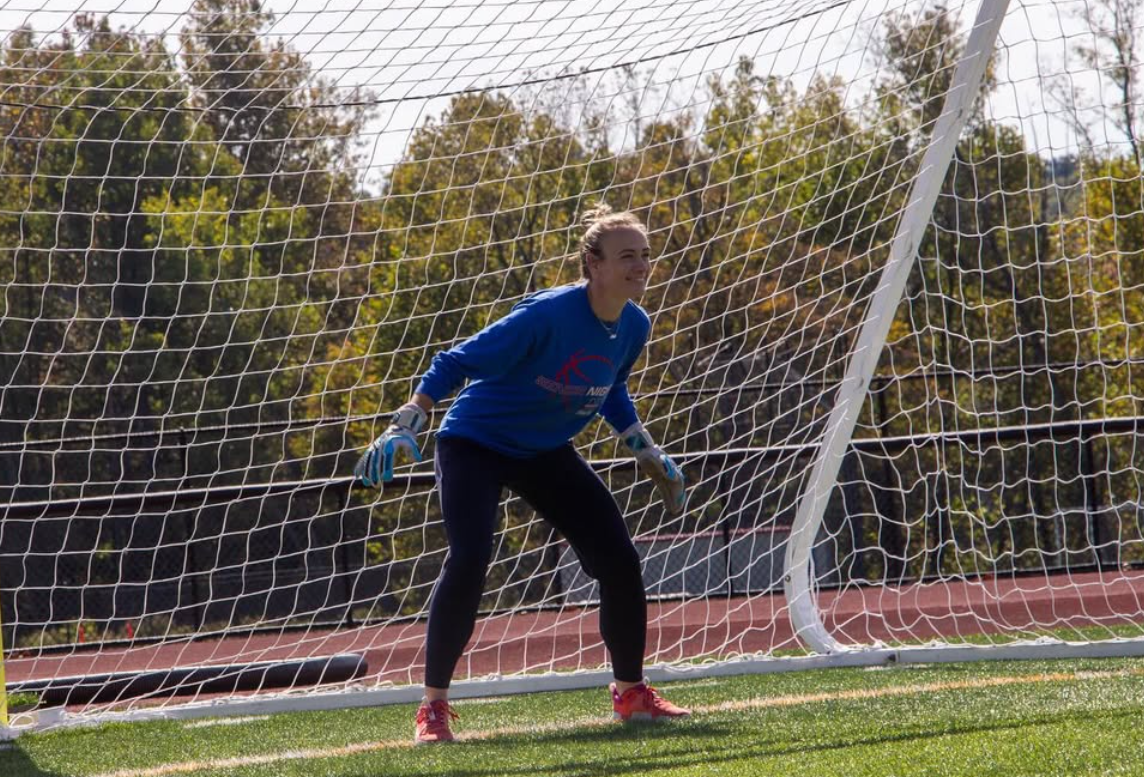Late nights, early mornings, and exhausting days – this routine has become the typical daily routine. What at one time was a health concern has turned into an everyday reality for tired students, costing them more than lost sleep. It’s an issue that affects their academic performance and overall wellbeing.
“I usually go to bed very late working on homework and I wake up really early,” said Woodbury Middle School eighth-grader Mabel Hodges. “That does not help my sleep schedule.”
Schools are a main factor on a student’s sleep, especially when it’s regarding their academic performance. Early mornings can prevent students, particularly growing teens, from getting the amount of sleep they require. According to the National Library of Medicine, “up to 40% of teens feel that they are too sleepy most of the time. … to function at your best, you need between 9 hours and 10 hours of sleep every day. This is more sleep than you needed before you were a teenager, and it is more than you will need when you are an adult.”
Many students get to sleep later due to homework assignments, family responsibilities, and extracurricular activities. As a student, it is common to be encouraged to take on one or more extracurriculars. Whether that’s a sport, club, job, volunteer work, or anything else of interest, it tends to take a large amount out of your day. This can delay the time you go to sleep even longer.
Students find a common struggle that comes with balancing schoolwork and after-school activities simultaneously.
“It’s harder to keep up when you have homework in every single class and then you also have like sports on top of other activities that you do,” eighth-grader Olympia Persico said.
Technology, whether it’s a phone, TV, or computer, is known to impact a person’s sleep. The screens and activity from those electronics have kept people, very commonly students, staying up at night. Their late night up leads to a lack of sleep.
Mental health is also a large factor in loss of sleep. Not only can it be a contribution to sleep deprivation, but also a result. A student suffering from depression, insomnia, or another mental health issue may end up needing longer sleep or work later.
Not only is sleep impacted but also performance at school. Lack of sleep received can affect motivation, focus, and grades. Lack of sleep may cause students to come in late or not come in at all. They lose their motivation to be present at school, appearing to be too much work. Focus can be another result. When tired it becomes harder to pay attention and you find yourself constantly losing focus, not being able to pay attention to the information. With the lack of attention and motivation to process what you’re being taught, your grades will become the most critical and unfavorable results.
A CMU study of more than 600 first-year students from five majors at three universities showed “that students who receive less than six hours of sleep experienced a pronounced decline in academic performance. In addition, each hour of sleep lost corresponded to a 0.07 decrease in end-of-term GPA.”
Teachers see the same thing.
“If a student comes into school even just tired, even if they’re not sleeping through class, it’s harder to pay attention,” said WMS eighth-grade science teacher Molly McKenna. “It’s harder to obtain the information and perform tasks if you’re feeling out of it.”
The rush and pressure of school in the early morning and the need to relax late at night. The yearn for sleep. Until school, parents, and students work together this silent struggle among all students will continue, putting our learning at further risk.















